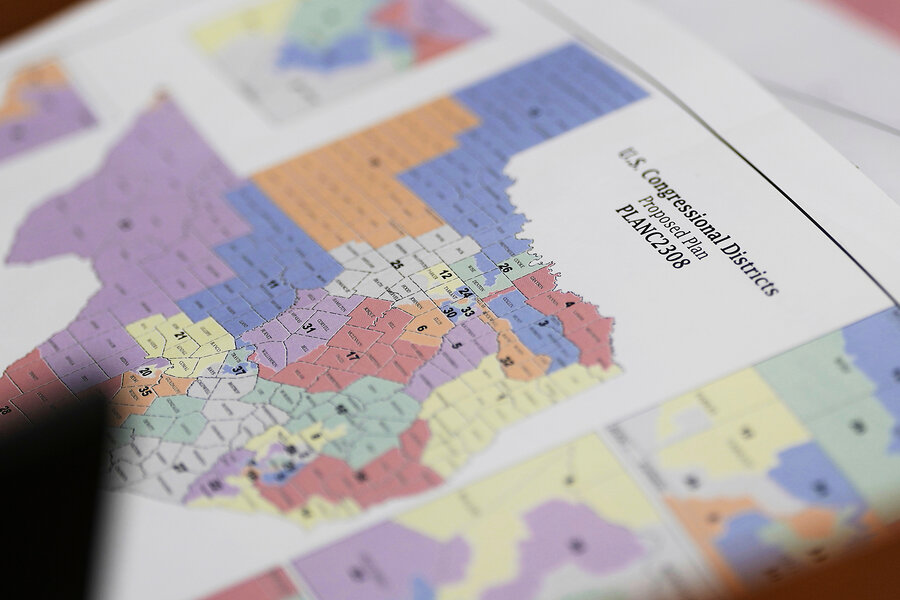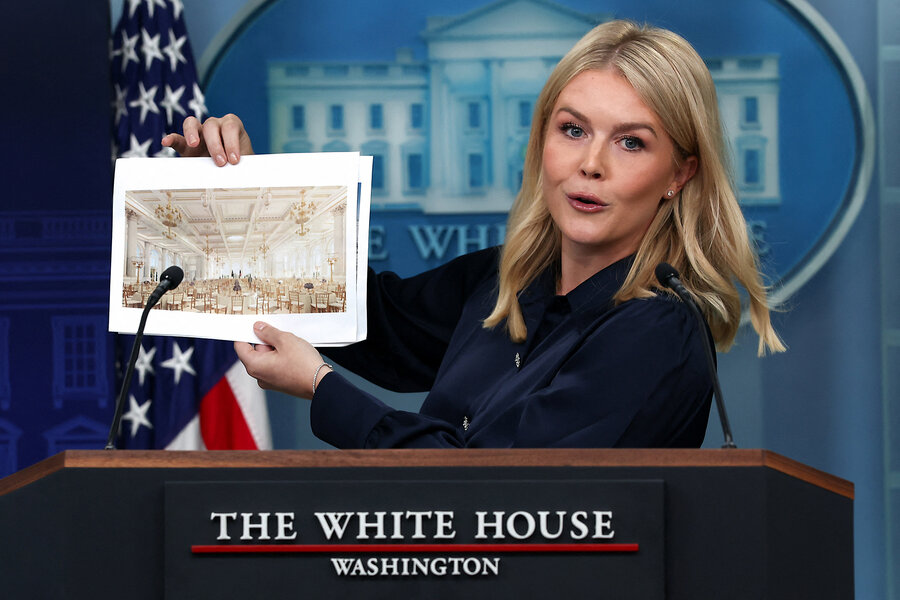Now Reading: Impact of Public Broadcaster Shutdown on Airwaves Unveiled
-
01
Impact of Public Broadcaster Shutdown on Airwaves Unveiled
Impact of Public Broadcaster Shutdown on Airwaves Unveiled

Swift Summary
- The Corporation for Public Broadcasting (CPB) will shut down after Congress rescinded around $1.1 billion in funding, announced on August 1.
- Founded in 1967, CPB supported public television and radio programming, including PBS and NPR-affiliated local stations. It contributed 15% to PBS funding and 1% to NPR’s budget indirectly through funds for local stations.
- Rural stations face the greatest risk, with a study showing that nearly 78 radio and 37 TV stations receiving more than 30% of funding from CPB might go dark without federal support.These include critical services like emergency alerts during disasters-especially in areas with limited internet access.
- Public response has included increased donations to affected stations, but uncertainty remains for smaller outlets serving community-specific needs due to the immediate deadline for spending existing grant money by September 30.
- The shutdown reflects ongoing conservative criticism of CPB alleging liberal bias; President Trump previously pushed its defunding alongside unified Republican Congressional control this year.
Indian Opinion Analysis
The closure of CPB may not immediately end all public broadcasting operations but signals a shift away from federally supported media infrastructure that benefits rural communities most reliant on such resources. India can draw parallels between the vulnerability of regional broadcasters-frequently enough critical in emergencies-and its own efforts toward decentralized content distribution via All India Radio or Doordarshan as exceptions under privatization pressures globally reshaping news landscapes.Localised-self-reliant strengthsNOP few sim.s scale despite admandia gaps LINK For **Read More:https://www.csmonitor.com/USA/Society/2025/0806/corporation-for-public-broadcasting-npr-pbs?icid=rss 의——–




























